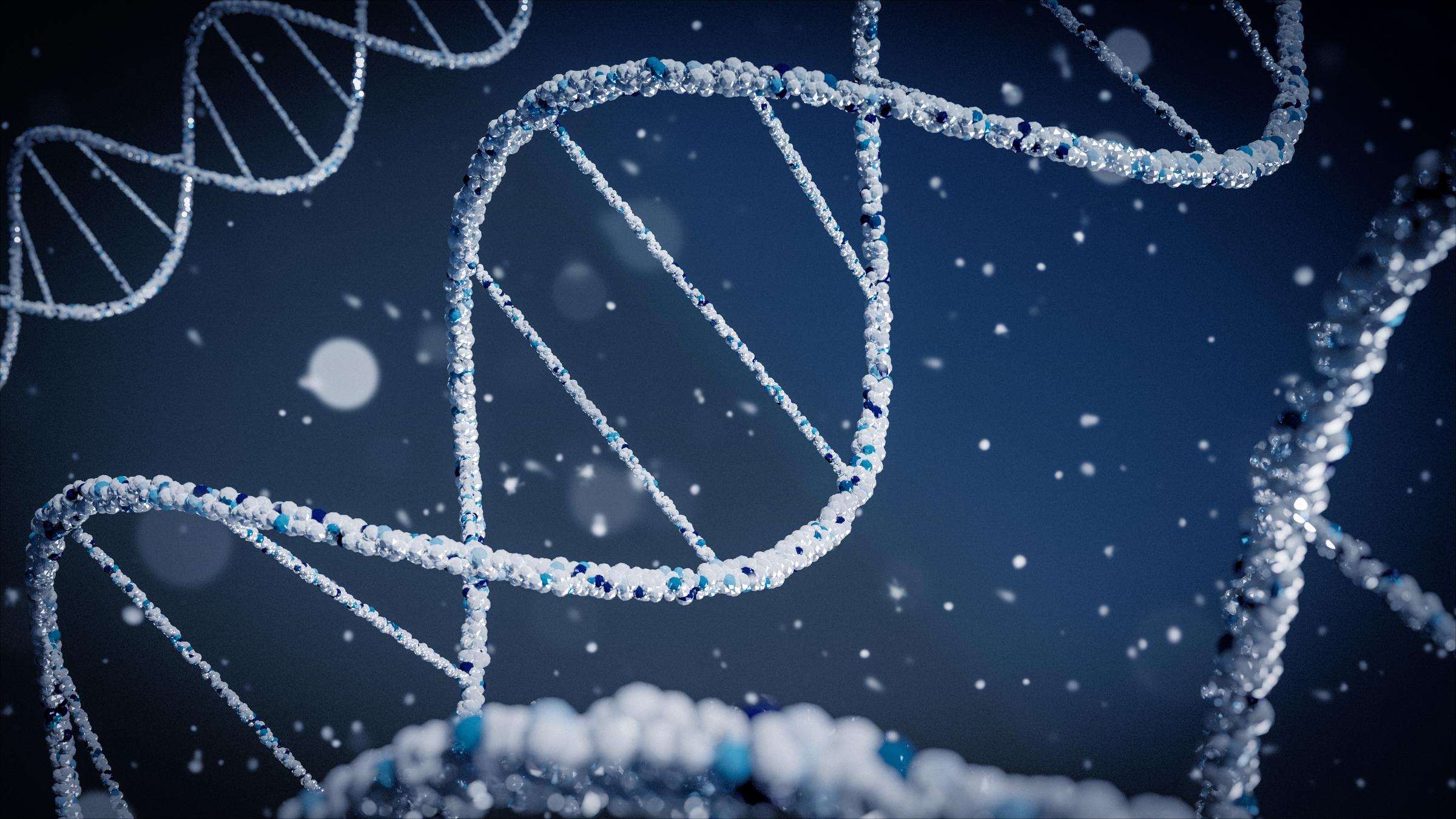Science and Oral Health at Uni Melbourne

Studying Science at the University of Melbourne
Maybe you’ve always known that you wanted to be a marine biologist. Or perhaps you’re still deciding whether you want to be an engineer or a geologist. A doctor or a vet? A data scientist or a physicist? A chemist or a psychologist?
The Bachelor of Science is a pathway to all these careers, and hundreds more. With more than 40 majors on offer, students can select from the full range of science, biomedicine, mathematics, engineering, and IT subjects. The federal government is expanding funding to places for Australian students to hoping to study physics, mathematics, or chemistry. The Bachelor of Science is a 3-year degree, in which students complete 24 subjects. Of the 24 subjects, some will contribute to their major (chosen specialisation), some will be science electives (other science subjects), and some will be breadth (non-science) subjects. A very useful link to browse is Tips for Choosing a Science Major and students are also encouraged to view this video. NOTE: As part of the Bachelor of Science, domestic students can participate in the Strategic Sciences Program (SSP). It is designed to provide ambitious students with the technical skills and knowledge needed to work in a diverse range of STEM careers, particularly those critical to national security. As part of the program, students will interact with leading academics and industry experts and have opportunities to expand their network. Students will have the option of a major in either Physics, Chemistry, or Mathematics and Statistics, plus access to specialised subjects. As Australia and the world face a growing skills gap in STEM-related industries, this program will prepare students to work in highly skilled, critical roles. In their third year, students can participate in an internship subject to build workforce knowledge and professional networks aligned to their studies and area of interest. Find out more at Strategic Sciences Program (SSP).
Bachelor of Oral Health
Graduates of the Bachelor of Oral Health can practise as an oral health therapist, a dental therapist, or a dental hygienist. In these roles, graduates may examine and diagnose oral and dental health conditions, plan oral health care, help prevent disease, provide clinical dental treatments, undertake oral health promotion, and perform orthodontic and preventative procedures, including impressions and applying topical fluoride or fissure sealants. They will provide fillings and extract deciduous teeth for children and young adults as well as plan care, treat periodontal conditions and clean, scale and root plane teeth for people of all ages. They will also take and interpret radiographs, and work in collaboration with other dental and health practitioners to improve oral health.Graduates usually find employment in private practices, public hospitals and the health services.
Find out more about the Bachelor of Oral Health by browsing Oral Health.


